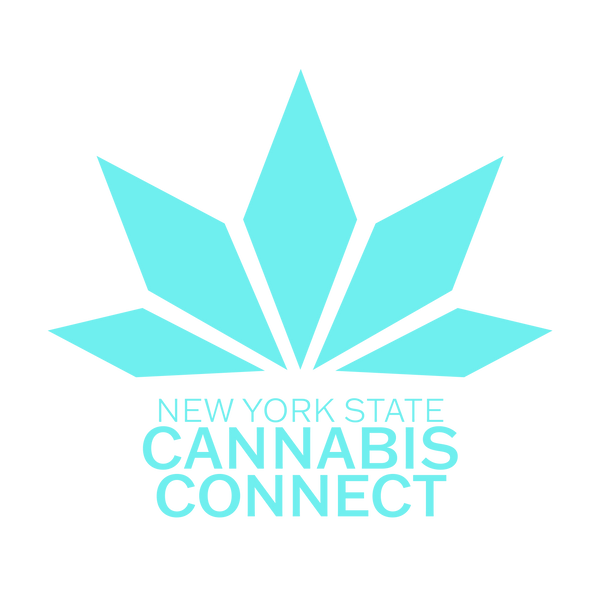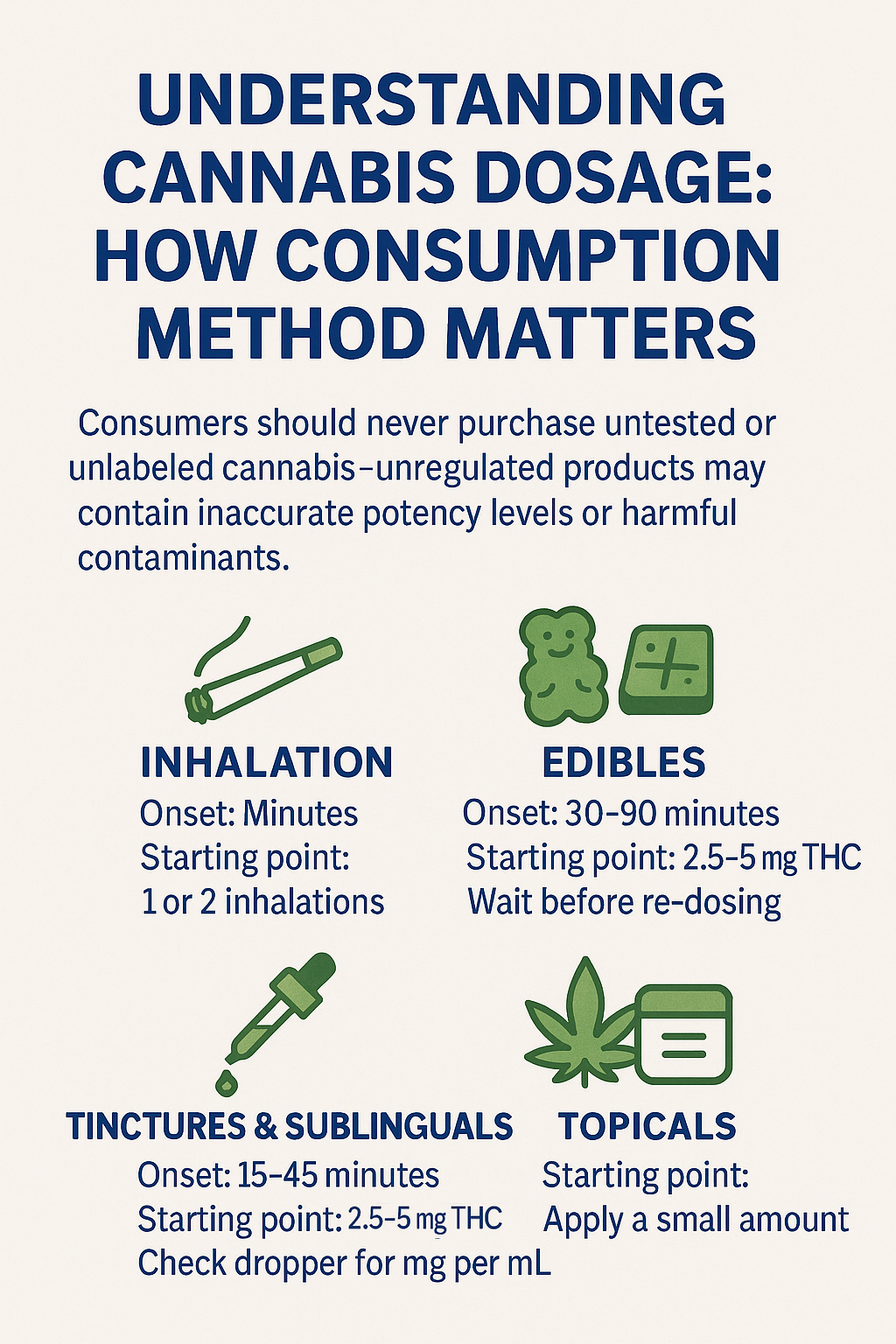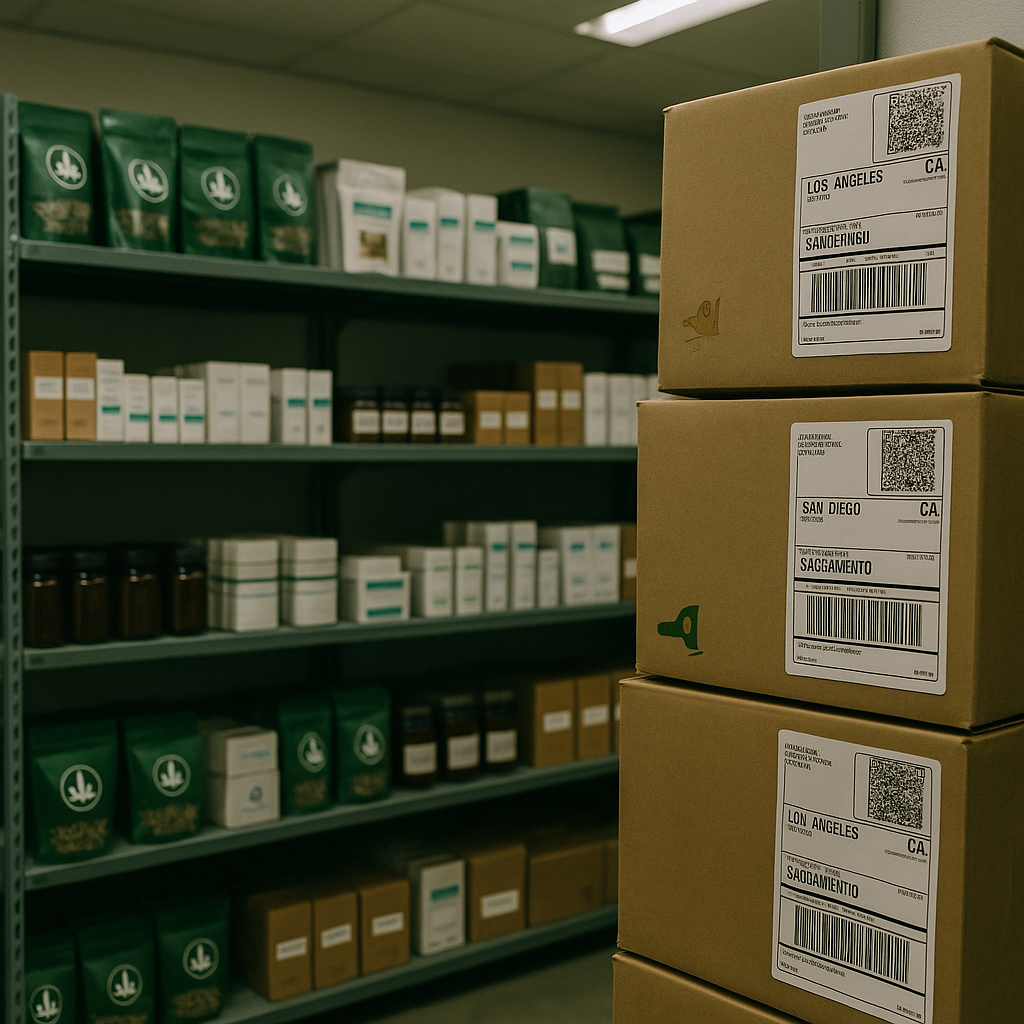In the cannabis culture, the term 420 refers to the consumption of cannabis. You can write 420, 4/20, and 4:20. It is no coincidence that April 20 (in American 4/20) has been designated as International Cannabis Day. In the United States and beyond, cannabis enthusiasts gather on April 20 at 4:20 pm to consume cannabis together and celebrate this special day.
The are several theories on the origin of the term 420. Some say it comes from the song "Rainy Day Women # 12 & 35" by Bob Dylan because by multiplying the two numbers, you get 420. Others said it derives from Adolf Hitler's date of birth, April 20, 1889.
However, the true story of the term 420 is to be searched elsewhere: in San Rafael, California. This is the place where the term 420 came to light. San Rafael is part of Marin County, California. In 1971, five boys attending San Rafael High School, Dave Reddix, Larry Schwartz, Steve Capper, Mark Gravitch, and Jeffrey Noel, used to call themselves The Waldos because they met near a wall adjacent to the school.
One day, one of them received a map showing small cannabis cultivation grown within the Point Reyes nature reserve from the brother-in-law of a coast guard at the Point Reyes lighthouse (an hour away from San Rafael). As the coast guard planted cannabis crops on federal soil, he was afraid of the consequences he might run into, so he abandoned the cultivation. But he drew a map that went into the hands of the Waldos. Waldo's Dave and Steve told NYSCC that they used to meet in front of the statue of Louis Pasteur at 4:20 pm to consume cannabis and look at the map.
"During the class, we remembered each other to meet there to look for this "treasure," and we used the term "420 Louie?". At 4:20 pm we met in front of Luis Pasteur statue, smoked, and drove to Point Reyes to look for this cannabis cultivation. At that time, we did not know that coast guard personally," they said.
Fun fact: French chemist Louis Pasteur completed the first experiment on pasteurization on April 20 (4/20), 1862.
The Waldos told NYSCC they looked for the cannabis cultivation, helping themselves with the map for several weeks, but they never found it. However, they continued to use the term 420 to refer to cannabis. "Every time we looked at each other and asked "420?", We smiled because only we knew what we were talking about," they said.
In the mid-1970s, Waldo's Dave worked as a roadie for the Grateful Dead, a rock band from Palo Alto, California, active from 1965 until 1995. Dave's brother, Patrick, was a friend of Phil Lesh, the Grateful Dead's bassist. During the tours, the two brothers used the term 420 within the staff, but later on, the band members used it to refer to cannabis. Soon, the term 420 spread within the Grateful Dead community and among cannabis enthusiasts, although almost anyone knew what the term 420 meant.
"Our brothers and friends also used the term 420 at school. So, different people were using 420, including the Grateful Dead. The term 420 is a catchy, pleasant, and easy word to remember. It was fun. We didn't use it as a code. Rather, it was a game between us. We didn't know it could become such a popular phenomenon. Even now, we think of term 420 as a game," Dave and Steve said.
Over the years, the term 420 spread among the "deadheads," the fan base of the Grateful Dead. In 1990, High Times Magazine journalist Steve Bloom heard the term 420 at a Grateful Dead concert in Oakland, California. When he was wandering around the concert, Bloom came into possession of a flyer that read: "We are going to meet at 4:20 on 4/20 for 420-ing". The leaflet also read that the term 420 derived from a code that the Californian police used to refer to cannabis users. The story in the flyer was half true. The term 420 came from San Rafael, but the police had nothing to do with that story. Steve Bloom published an article about the 420 in May 1991.
However, in 1998, Waldo Steve contacted the High Times explaining the true story of the term 420's origin. In 2002, Steven Hager, former editor-in-chief at High Times and cannabis activist, went as a guest to the American television station ABC News to tell the true story of the term 420 and the Waldos.
However, The Waldos wanted to prove that they coined the term 420, as other people claimed that they were the ones who created the term 420. "We collected documented evidence that we coined the term 420. Some of our friends' letters mentioned 420 before it became so popular. One of our friends also created a flat with 420 written on it," they said. The Waldos even found the coast guard who planted cannabis seeds on federal soil. They hired a private investigator to look His name was Gary Newman, and he worked as a coast guard at Point Reyes National Seashore during that time. They found Newman living as homeless in San Jose, California. "When we found Gary, he confirmed our story. It took six years to find him," they said. Telling the story of 420's origin was a deep dive into the past of The Waldos' lives. They weren't the stereotyped stone heads depicted by the media. They used to play competitive sports and were very creative.
Today, 420 has become the magic number of cannabis culture, recognized worldwide. More and more cannabis-related events mention the term 420 in their name, such as the Mile High 420 Festival in Denver, Colorado. The term 420 has become such popular slang that it is mentioned by cartoons such as Family Guy, The Simpsons, Tesla and SpaceX CEO Elon Musk, and other characters known to the general public.
The term 420 has become so popular that it has been titled California's medical cannabis law, California Senate Bill 420. Many cities in the US, Canada, and Europe celebrate International Cannabis Day. Therefore, people gather on April 20 (4/20) at 4:20 pm every year to celebrate cannabis day.
If you want to learn more about The Waldos and the term 420, visit www.420waldos.com.

NYS Cannabis Connect Staff
All of the recent cannabis news and resources, all in one place.




Related News
From Compton to the Capitol: Cultural Legitimacy, Regulation, and the Performance of Equity in the Cannabis Era
Oct 22, 2025
Tiffany Walters Joins the Green Standard Alliance Board: Strengthening Cannabis Consumer Advocacy in New York
Sep 26, 2025
Dawson's Departure: Turbulence and Transition at Cannabis NYC
May 09, 2025